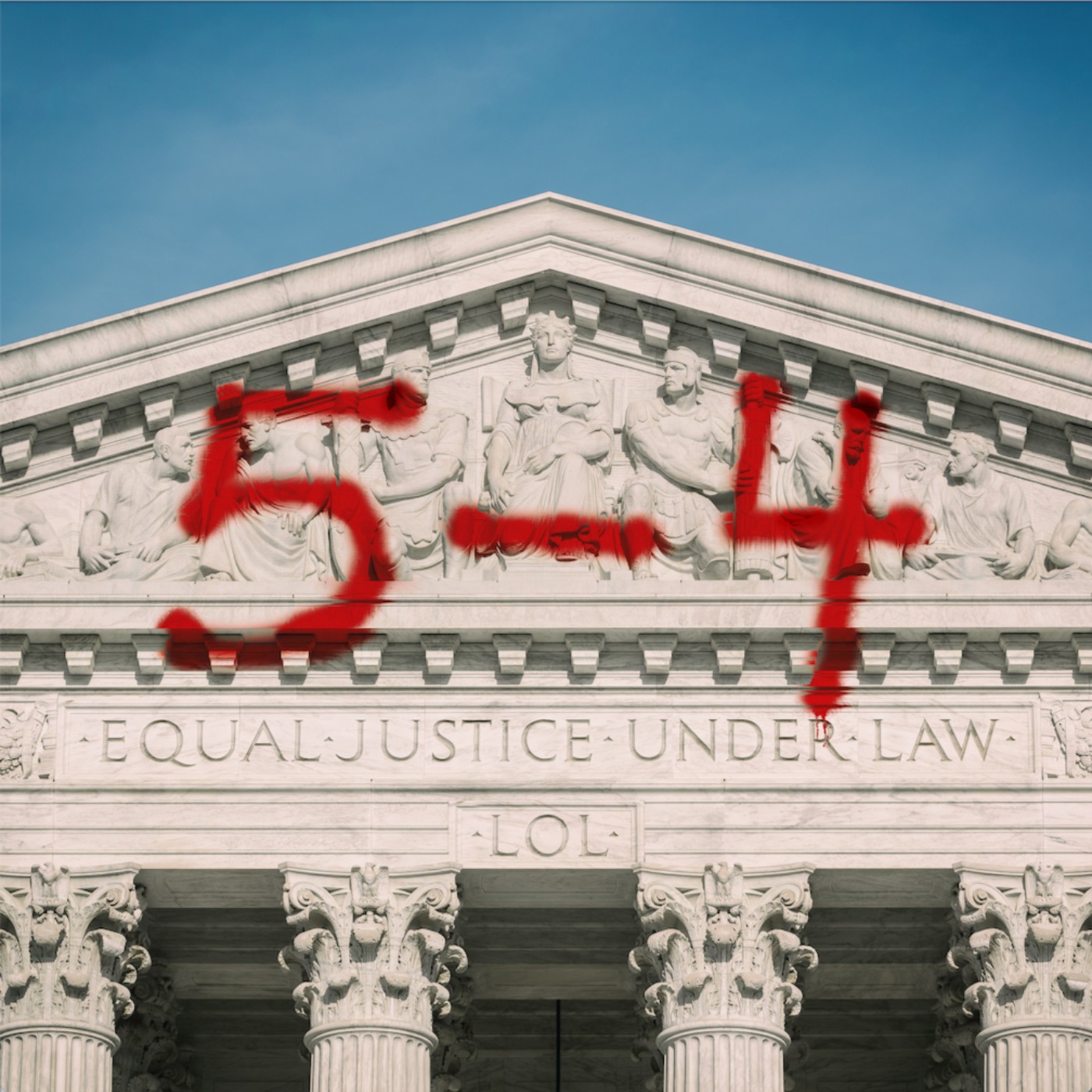Elon Musk’s War on Workers
How America’s morally and physically ugliest billionaires are plotting to destroy labor rights.
You can subscribe to 5-4 Premium on Patreon, Apple Podcasts, or Spotify. If you're not a 5-4 Premium member, you're not hearing every episode. To get first dibs on live show tickets, dig into our Premium episode catalog, join our Slack community, and more, subscribe at fivefourpod.com/support.
5-4 is presented by Prologue Projects. This episode was produced by Madeline Kaplan. Leon Neyfakh and Andrew Parsons provide editorial support. Our website was designed by Peter Murphy. Our artwork is by Teddy Blanks at Chips NY, and our theme song is by Spatial Relations.
Follow the show at @fivefourpod on most platforms. On Twitter, find Peter @The_Law_Boy and Rhiannon @AywaRhiannon.
Hosted on Acast. See acast.com/privacy for more information.
Advertising Inquiries: https://redcircle.com/brands
Press play and read along
Transcript
Transcript is processing—check back soon.

